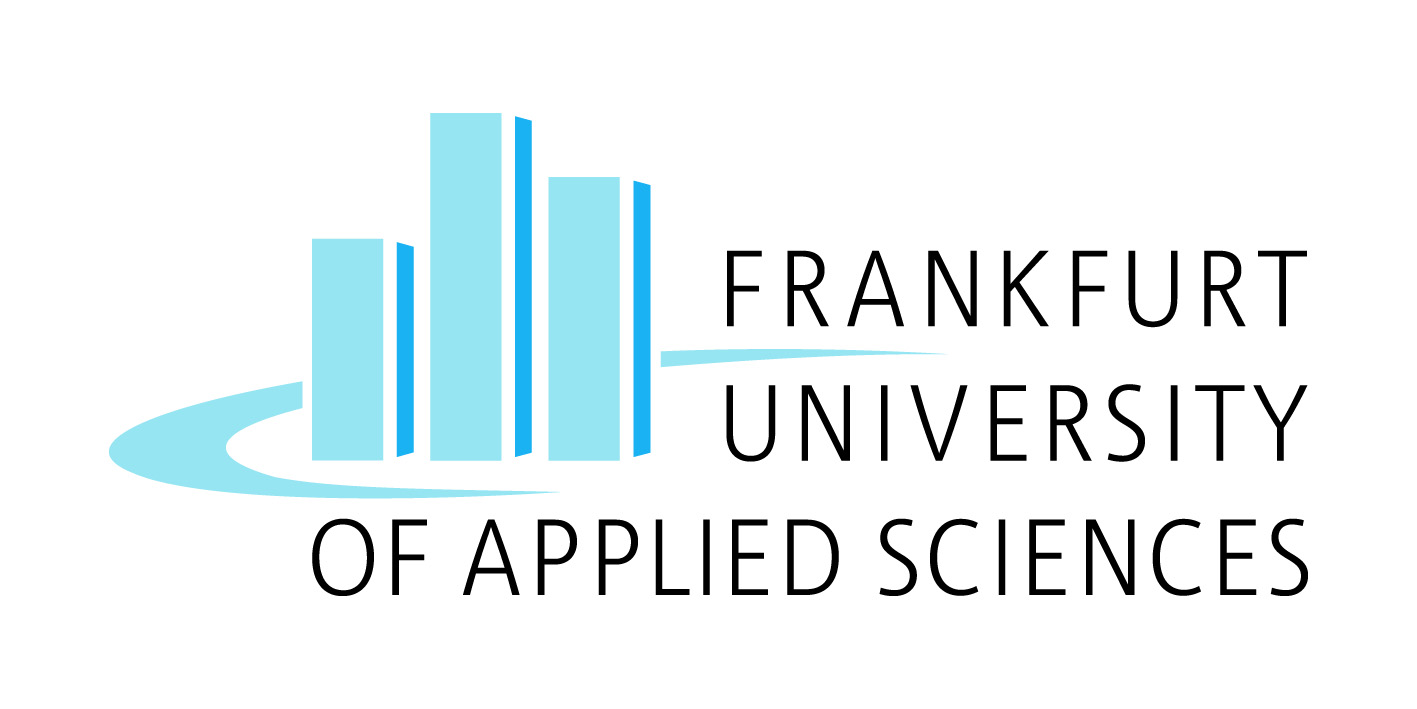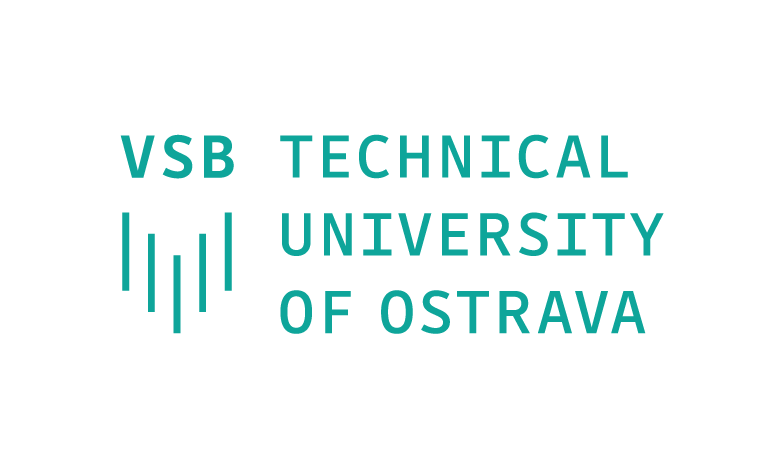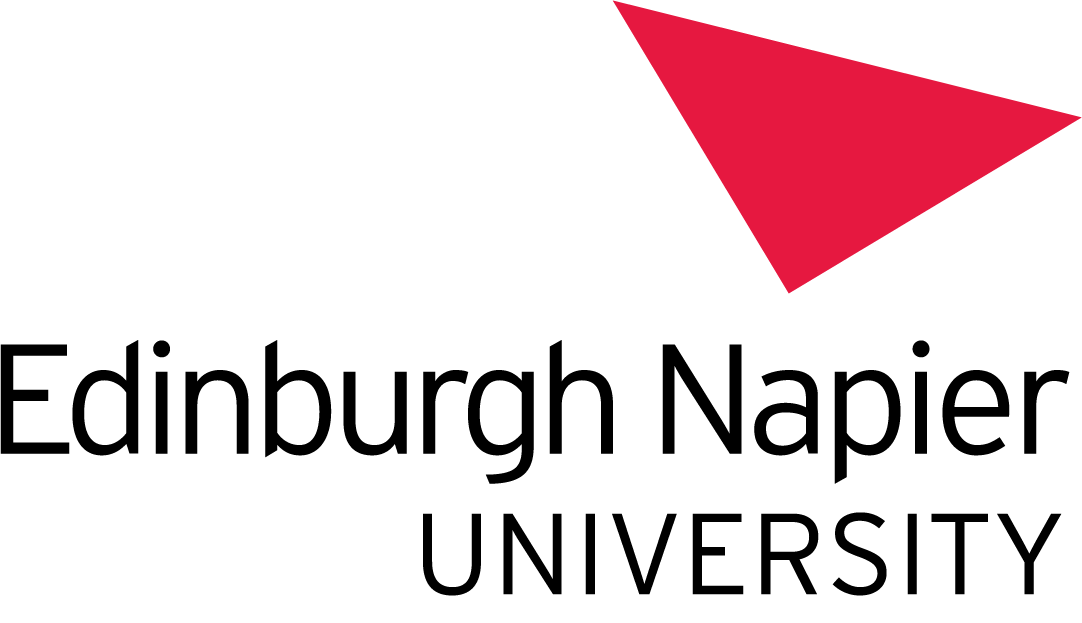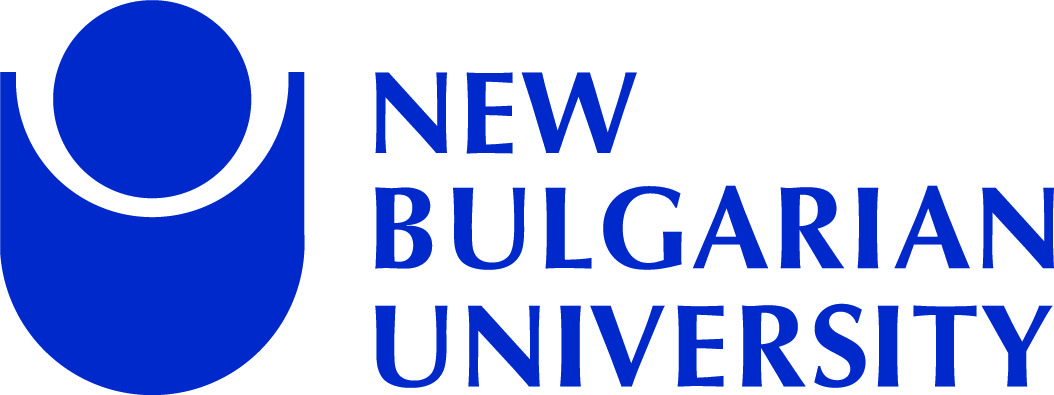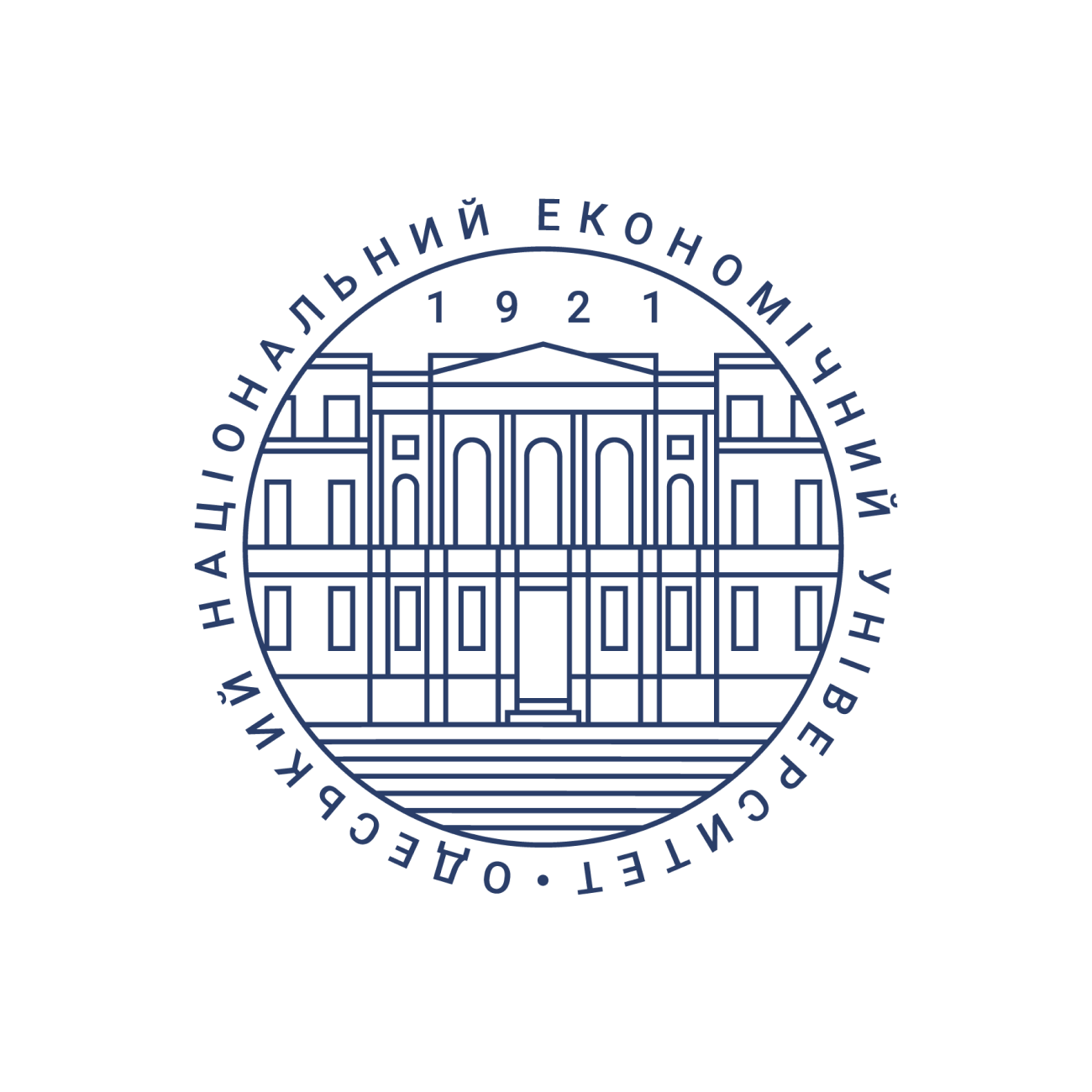
Course Creation
How to COIL? / Collaborative Online International Learning (COIL)
A COIL project is an educational initiative that integrates online collaboration between students and lecturers from institutions in different countries or cultural contexts. The primary goal is to create intercultural and interdisciplinary learning opportunities that are embedded within academic coursework. COIL emphasizes active, project-based engagement, leveraging digital tools to overcome geographical and logistical barriers.
Typically, students work together on shared tasks or projects that align with course objectives while drawing on their diverse cultural and academic perspectives. COIL can be applied across disciplines, fostering a global outlook and intercultural competence alongside discipline-specific learning.
Characteristics of COIL Pedagogy
- Intercultural Collaboration:
- Students from different cultural or national backgrounds engage in meaningful exchanges, promoting mutual understanding and the development of intercultural competence.
- Lecturers co-design and co-teach modules, blending diverse academic approaches and cultural insights.
- Technology-Enhanced Learning:
- COIL relies on digital tools and platforms (e.g., Zoom, Google Workspace, MS Teams or Padlet) to facilitate communication, content sharing, and collaboration.
- Both synchronous (real-time) and asynchronous (flexible timing) formats are utilized to accommodate time zone differences and accessibility needs.
- Experiential Learning:
- Students actively engage in creating solutions, analyzing case studies, or developing shared outputs, making the learning process hands-on and relevant.
- The emphasis is on learning through doing, reflecting, and adapting within an intercultural framework.
- Embedded Reflection:
- Reflection is integral, enabling students to process intercultural experiences and assess their learning progress.
- Reflection tasks often focus on cultural differences, team dynamics, and the broader implications of collaboration.
Strengths of COIL Pedagogy
- Intercultural Competence Development:
- Students develop key skills such as cultural awareness, communication across differences, and adaptability, which are crucial for global citizenship and employability.
- Accessible Global Learning:
- Unlike traditional study-abroad programs, COIL is cost-effective and accessible, allowing participation regardless of financial or geographical constraints.
- It democratizes internationalization, making global experiences available to more diverse student populations.
- Interdisciplinary and Collaborative Learning:
- COIL encourages interdisciplinary approaches, exposing students to different academic traditions and methodologies.
- Collaboration across cultures nurtures teamwork, creativity, and problem-solving abilities.
- Customization and Scalability:
- COIL can be tailored to fit course-specific learning objectives and scaled to include multiple institutions or teams.
COIL pedagogy, despite its challenges, provides transformative learning experiences that prepare students for global engagement and interdisciplinary problem-solving. Addressing the challenges through thoughtful design, robust support systems, and reflective practices enhances the impact and sustainability of COIL initiatives.
Visualization of COIL project embedded into your curriculum (source: Eva Haug, U!reka Introduction to COIL workshop) & Visualization of COIL project phases (source: Eva Haug, U!reka Introduction to COIL workshop)
Video about COIL: What is COIL (Collaborative Online International Learning)?


